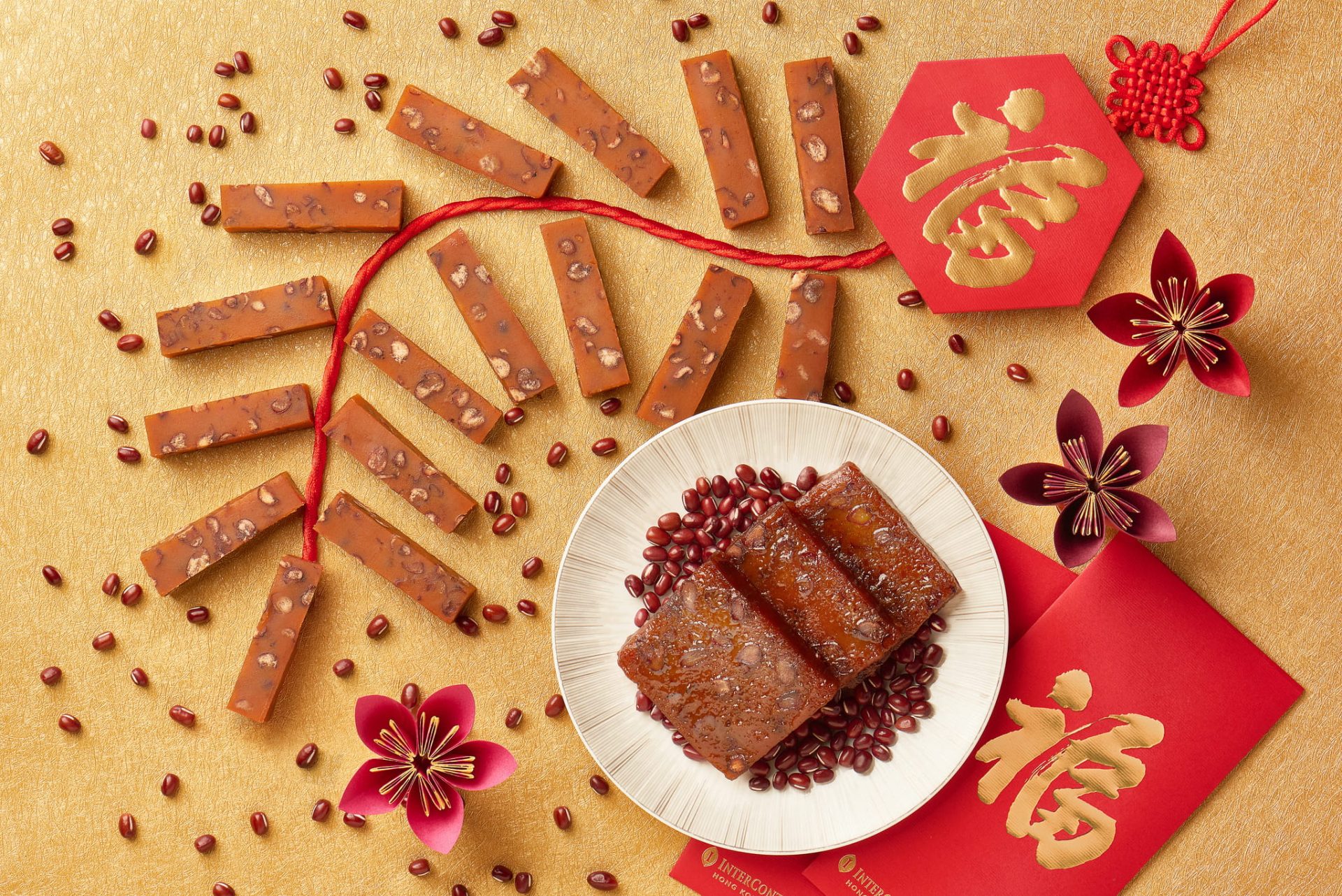1. You can bribe a God
Ever wondered why the fondness for the glutinous rice cake nian gao? The ‘year cake’ or kuih bakul in Malaysia has origins in a legend. Every Chinese New Year, the Jade Emperor would send a Kitchen God to visit and report on a selected family. To appease the God, the family would offer the sweet cake as an appeasement. Some might even say the cake was so sweet, it would stick to the Kitchen God’s mouth that his speech would slur, rendering his report ambiguous.
The truth is, this dessert is given as an auspicious treat, symbolizing longevity and prosperity.
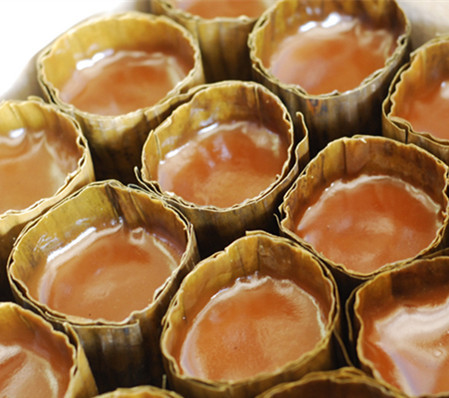
2. Uncleanliness is lucky
The belief is that sweeping your house, or hosing down your floors during the New Year will ‘wash away’ the luck and blessings that have settled there. Spring cleaning is to be done just before the festival begins, to clear away the old and welcome the new. Flowing water symbolises the movement of money; so if absolutely unavoidable, clean your house from the outside and move inwards to encourage collecting and gathering.
Truth – who doesn’t like a spick and span house to visit during a celebration?
3. Paint the town red
When winter ended, a terrifying beast named Nian would stir and come to devour the gifts of spring; livestock, crops, and children. A village lived in fear, until one day a wandering old man arrived. He hung red paper all over the door of the house who took him in, and Nian avoided it like the plague. He also used firecrackers to scare it off, and Nian never returned to that village ever again. Since then, entire villages would be deck out in red and firecrackers were made to go off like a 21 gun salute during celebrations.
Red is an auspicious colour in Chinese culture, representing happiness, good luck, life, joy, virtue, truth, sincerity – all things prosperous.
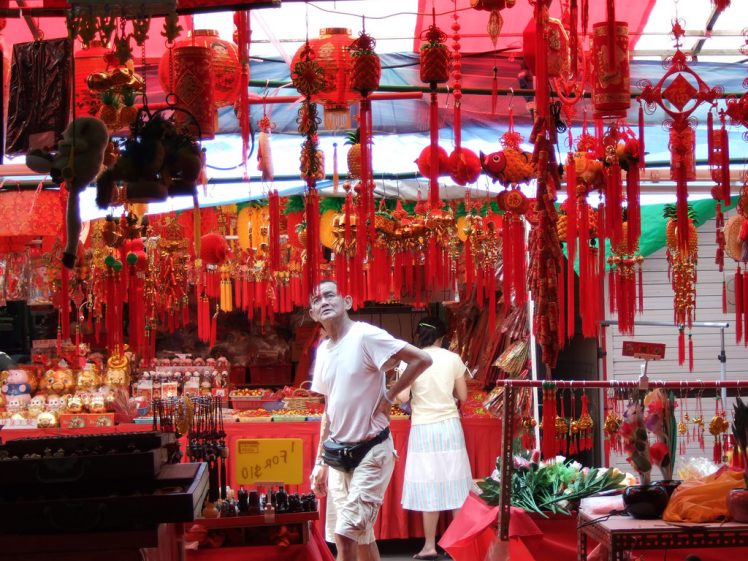
4. The non-native animal dance
Of all animals, the native-to-Africa lion would be a funny thing to picture in a cold country like China. Why not the tiger, a real life animal found there? History tells of a lion being given as a gift to one of the Emperors during a trade from Persia, and news of its foreign strangeness traveled far. With each new retelling, its description became less realistic and more mythical. Adding to its now legendary status was a monk, apparently able to quell the fierceness of the beast and make it a guardian.
Lion dances are in honour of its saga, and performances are now held to signify power, wisdom, courage, and superiority. The monk often accompanies the ‘lion’ to guide and play.
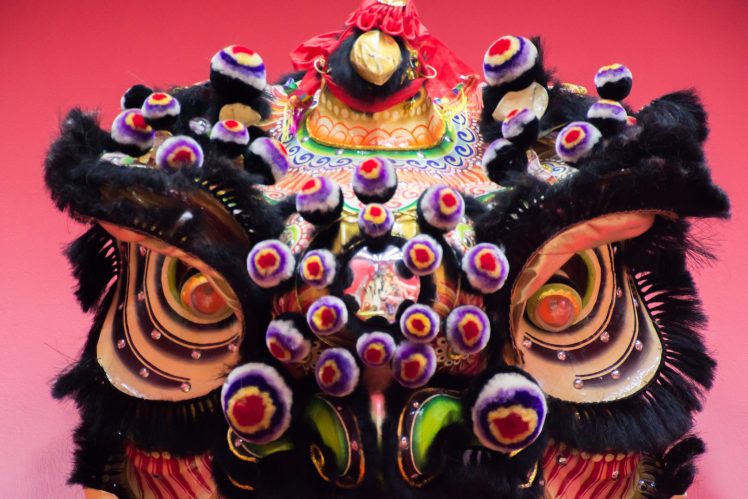
5. Man your house up
Alongside couplets (large strips of poetry running down door frames), the images of men plastered all over walls and windows or holding said poetry are common during the season. The one smiling happily with a nice big bag of money, is the God of Prosperity, while the two with weapons are the Door Gods, Menshen. Sometimes the decals would be in the image of a baby, inviting fertility blessings.
These images hold a long reputation of fending off evil spirits meant to damper with the growth of a family, as well as to offer longevity and good luck.
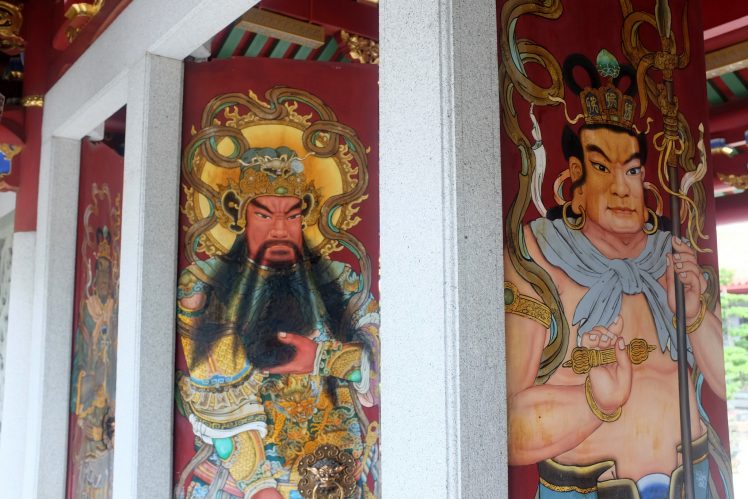
6. All about the gifts
In this widespread season of blessings, renewal and giving, Malaysia has the gift of many cultures. Two treats specifically, are known to be descendants of other folks. The kuih bahulu, little soft cakes resembling madeleines, were presents from Javanese travelers to kind people across Old Malaya who opened their houses to them. The kuih bangkit, little white tapioca cookies that melt in your mouth, were the Peranakan people’s altar offerings during the day of ancestral worship.
Treats in the shape of fish are extra lucky, as they have the ambigram meaning of abundance.
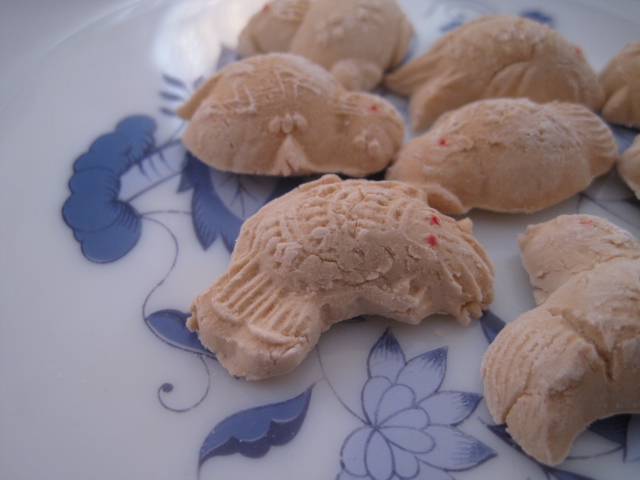
7. Getting and staying even
Never, ever give an uneven number when preparing the ang bao – the red packet of money. Uneven numbers represent imbalance, and are only given for funerals. Even numbers, with the exception of four, are balanced and whole. Four sounds like ‘si’ which sounds like ‘sei’ in Mandarin, the word for death.
Strong superstition prevents four from occurring anywhere, from floor levels to gift baskets. Never give someone something in two pairs, even if the gift is of auspicious items!
8. Your non-married significant other is desperate to have you
A growing solution among singles making their obligatory visiting rounds to everyone in the family, including that one relative who NEVER fails to ask if they have finally found their other half, is getting someone to fill in that position temporarily. The desperation to get that relative off their case is so strong; some even rent a significant other for the day. While it sounds ridiculous, Chinese New Year is for beginnings, and no one wants to be hammered with the fact that they are in it alone.
"ExpatGo welcomes and encourages comments, input, and divergent opinions. However, we kindly request that you use suitable language in your comments, and refrain from any sort of personal attack, hate speech, or disparaging rhetoric. Comments not in line with this are subject to removal from the site. "


